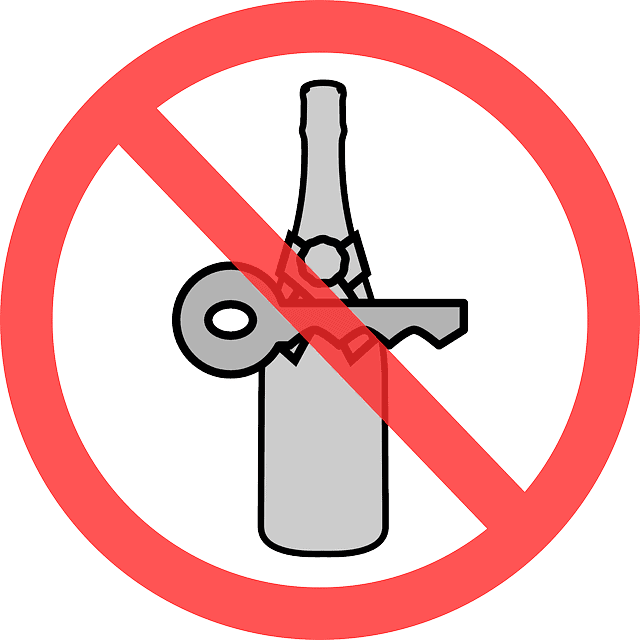Alcohol and illicit substances play a major role in deaths of over 90,000 Americans every year. The disease affects the addicted as well as their loved ones. Drugs and alcohol become the only focus of the addict’s life. The family’s focus shifts to the addict, redefining family roles and relationships.
There is a push for treatment as a way to overcome addiction. Unfortunately, many individuals do not understand that when an individual stop utilizing alcohol and drugs, it does not mean that recovery has been achieved. It also does not equate to the identified individual never using or drinking again.
What Exactly is Addiction?
When the use of substances becomes chronic and leads to relapse, it is time to consider that there may be an associated addiction disorder. Addiction encompasses compulsive behaviors which affect the brain both short-term and long-term. The DSM-V considers this disease a mental disorder that requires help, treatment, support, and maintenance to overcome. $740 billion is spent annually due to addiction aspects: healthcare, delinquency, and vanished productivity.
Some symptoms of addiction include:
- Taking the substance in larger quantities, or over a longer period of time, than planned on
- Tenacious longing and unsuccessful attempts to cut down the use
- A major amount of time is spent in attaining, engaging in, and recuperating from the use of alcohol or drugs
- Overwhelming desire to use an identified substance, regardless of weighing out how dangerous the situation is
- The use interferes with education, occupation, home life and/or interpersonal life, encourages legal problems, and can amplify psychological or physical difficulties
- Increased tolerance to the substance and experiencing withdrawal symptoms when not used for an extended period of time
- Getting high or drunk is not the main goal of use; the purpose is to not feel “sick” from being without the substance
Transitioning from Sobriety to Recovery

Quitting alcohol and drugs does not necessarily mean the addict has achieved sobriety. Recovery is more than just a sober lifestyle. Some major components which support recovery include:
- Health: Make decisions that encourage healthy physical and mental wellbeing. This may include nutritional aid, getting treatment for underlying physical and mental health conditions, good sleep hygiene, and physical cleanliness.
- Home: Allow yourself to have an area that is all your own. Make sure your home is one in which you feel secure and protected.
- Purpose: Schedule daily activities that provide you with a sense of meaning. This requires you to have the freedom, finances, and resources to be a part of everyday society.
- Community: Find healthy, sober support systems that provide you with a sense of friendship, optimism, and love. This group can include 12-Step members as well as sober family and friends.
Your First Step
Seeking out trained professionals is your best option to aid in helping you or your loved one to begin a sober lifestyle. From there, you can work towards recovery. Located in Burns, Tennessee, Discovery Place has professionally skilled individuals who are available 24 hours a day, 7 days a week to help guide individuals toward a lifestyle free of alcohol, opiates, cannabis, and other illicit substances. Our alternative treatment center offers various alternative treatment programs. Call us today at 1-800-725-0922.

